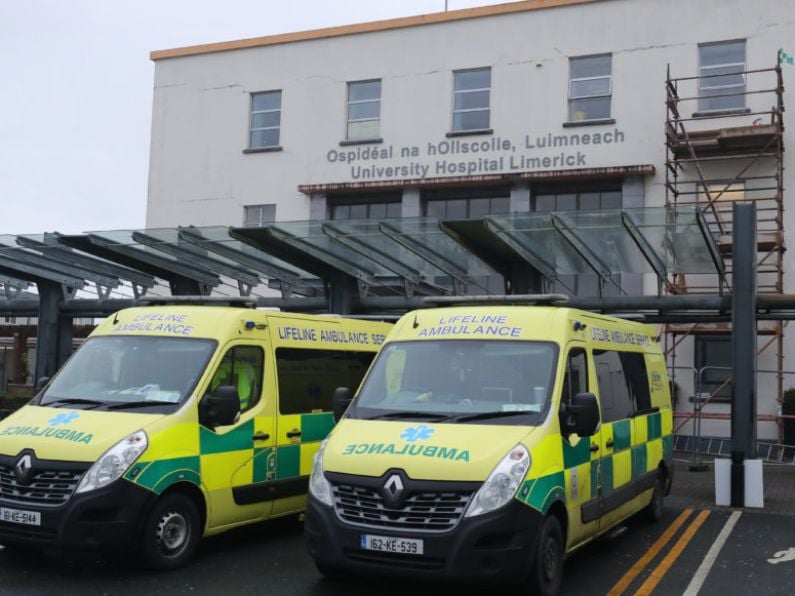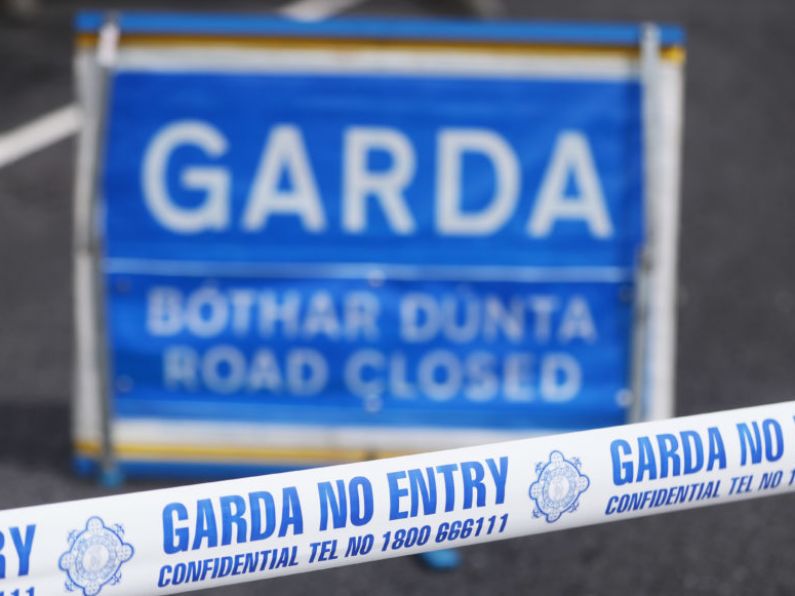Anxious, angry, withdrawn, with some going back to wetting the bed - a new report has warned that Ireland could have a "lost generation" of children whose educational needs and overall well-being are being undermined by homelessness.
The report, published today by the Children's Rights Alliance, outlines the worries of parents and of educators that children are losing their childhoods through living in emergency accommodation, with their future prospects being potentially damaged.
Entitled 'Home Works: A Study on the Educational Needs of Children Experiencing Homelessness and Living in Emergency Accommodation', the report - the first of its kind in Ireland - looks at the educational impacts of homelessness on children.
Just last week the latest figures published by the Department of Housing showed a record number of people living in homeless accommodation at the end of May - 9,846 people, including 3,826 children.
Writing in the report foreword, the CEO of the Children's Rights Alliance, Tanya Ward, said: "Homeless accommodation makes it almost impossible for parents to establish regular routines. Parents say this can result in changes to their child's behaviour with many children ‘acting out’. Others are sad or withdrawn from their peers as they struggle with the shame and secrecy they feel.
Parents' quote: "They are sick all the time, constantly, they’re only after being at the doctor. My daughter was at the doctor last week with a chest infection and we’re constantly, constantly catching stomach bugs. Whether they go around the hotel, I don’t know what it is but we constantly have stomach bugs." (Elizabeth, 41) [/quote]
"Schools are a beacon of hope for families. They provide a stability and consistency that is otherwise absent in the child's life, and play a vital role in supporting families. Yet sometimes educational professionals say they feel helpless and badly need more resources to help them to cope. Children need action now or we will lose a generation."
The report features contributions from 20 parents from 19 families, who between them had a total of 38 dependent children - 19 girls and 19 boys, with ages ranging from five months to 17 years. It also has input from 46 educational professionals who completed the online survey, from 25 primary schools and 21 secondary schools across the greater Dublin region. Another eight educators, including four principals, were interviewed.
Parents' quote: "They are sick all the time, constantly, they’re only after being at the doctor. My daughter was at the doctor last week with a chest infection and we’re constantly, constantly catching stomach bugs. Whether they go around the hotel, I don’t know what it is but we constantly have stomach bugs." (Elizabeth, 41)
It found that becoming homeless affected job prospects due to issues such as the cost of public transport and lack of availability of appropriate childcare provision. One mother said she was on anti-depressants but added: "I’m lucky and fortunate that I have a job."
Parents described significant levels of housing insecurity and transition in accommodation prior to presenting as homeless, with one mother sleeping in her car with her three children for two weeks.
Sixteen families had been on local authority social housing lists and described serious difficulties in trying to secure rented accommodation. some mothers said they had become homeless through a personal or family crisis but others were served with a notice of termination from a landlord. One won a case brought to the Private Residential Tenancies Board but was still homeless a year later.
"Their mental health is greatly impacted; they are moved around constantly and have no place to call home. As strong as some of these children are, this is a major factor in their well-being."
As for how being homeless has impacted on children's education, the report found how:
- Parents described how their children's eating habits were affected by homelessness, with parents detailing the challenges in providing children with adequate nutrition;
- 16 of the families spoke about how poor sleep and disrupted bedtime routines impacted on their children's learning and educational participation" - a situation exacerbated in some cases by longer journeys to and from school;
- Almost all parents described how their children experienced frequent school absences and poor attendance arising from poor health, illness and infectious diseases which they attributed to cramped living conditions within homeless accommodation;
- Parents described how their children were adversely affected by a lack of security, routine and predictability - children's behaviour changed, including refusal to eat and increased crying and comfort-seeking, while "two parents reported that their children who were previously toilet trained experienced bed-wetting when placed in emergency accommodation.
Educators' quote: "Well, my overall experience is that it wasn’t an issue say fifteen years ago, and if it was an issue, you didn’t hear about, it wasn’t spoken about. But then three years ago, since I have come here, I have been made very aware very, very quickly that there is a lot of homeless families."
The report also found that teachers were generally supportive of the children as were their friends, though often children felt increasingly shy or embarrassed about their living conditions.
According to the report parents reported that their children showed an interest in and enjoyed school, seven parents of school-age children spoke of how their child's attainments in class and school tests had deteriorated during the period of homelessness.
Parents described how this resulted in disappointment for the children and sometimes added to stress within the family.
Watch this space from 11 for updates on launch of @ChildRightsIRL #HomeWorks report. Report looks at negative impact of homelessness on children’s education and vital role schools play in supporting families @gerscanlon @grainne80 @Tanya_Ward @INTOnews @tusla pic.twitter.com/E99EovQefl
— ChildrensRights.ie (@ChildRightsIRL) July 3, 2018
For more detail on the report and its findings check out tomorrow's Irish Examiner






